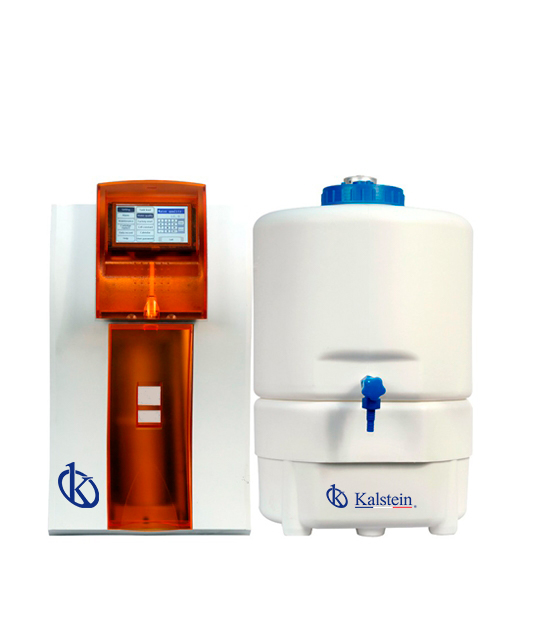The importance of having quality water in laboratories, focuses on the usefulness and need that purified water represents to wash the glass material, in addition to feeding systems that produce ultrapure water; obtaining quality water is the main concern of laboratory users to carry out accurate experiments and optimal and efficient research; so water purification systems play a very important role; and we must be aware of the variety of systems that exist, their advantages and disadvantages.
In water purification systems it does not matter only the final stage, where the result is ultrapure water, but the pretreatment system, since it is at this stage where the greatest composition of contaminants is eliminated, these pretreatment processes are those that guarantee a purified water, which is used in different applications within the laboratories, an inefficient water purification system will affect the productivity of the laboratory, impairing the reliability of experiments and materials in use.
Types of water purification systems for laboratory more effective
- Chlorination: is the treatment of water by using various types of chlorines and chlorine-based substances; Being used for years to control and eliminate microorganisms harmful to health, this method is used in water for residence and industries and as a previous complement to other purification methods.
- Boiling: kills mostly pathogenic organisms, viruses and bacteria, this method consists of heating the water to high temperatures for certain minutes, it is effective to kill bacterial spores, fungi and protozoa; it does not require training, however, boiling water does not eliminate bacteria or chemicals and is expensive in electricity consumption.
- Sediment filtration: it is a mechanical filtration process, which consists of physically blocking unwanted particles such as coal, sand, and sediments, it is a simple technology, inexpensive, reduces turbidity, although it is recommended to use a pretreatment before applications.
- Disqualification: this method reduces the existence of calcium and magnesium that determine the hardness of the water, brings as benefits its use in medical and pharmaceutical industries, food and beverages, it must be aware that softened water contains sodium, produces corrosion since it contains an acidic ph.
- UV ultraviolet light: water passes through a flow chamber and UV rays, these rays destroy bacteria and inactivate many viruses, fungi and pathogenic organisms, does not change the smell and taste of water, disinfects water without the use of chemicals, to perform this process it is necessary that the water is not cloudy or cloudy, and this method does not offer residual treatment.
- Ultrafiltration: uses a semipermeable membrane retains very small particles, removes endotoxins, plastic, proteins, viruses; ideal for temperature sensitive applications, simple automation, although the size of the membrane is small the volume of purified water is larger.
- Reverse osmosis: uses a filter or semipermeable membrane, is effective in eliminating viruses, has a pre-treatment of sediments and activated carbon, reduces 99% of dissolved solids, has large industrial applications.
- Distillation: it relies on evaporation to purify water, it removes many contaminants such as bacteria, inorganic containers and many organic compounds.
- Ozonation: it is an environmentally friendly method, it reduces pollutants and harmful substances such as hydrogen sulfide, manganese, iron, bacteria and viruses, however, it requires advanced and expensive technology.
- Silver ionization: it is a method that has a residual effect, provides long-term disinfection, a simple and automatic system, is a system that has an oxygen concentrator, ozone generator, an injector, a pump, a dissolved ozone monitor and a contact tank.
We offer you more information about the different types of systems for purification in the following link HERE; in KALSTEIN, we are a manufacturer of laboratory equipment with international coverage with the best offers in sales / purchase online, we can advise you on which is the best water purification system corresponding mainly to the range of applications for which its use is required.

